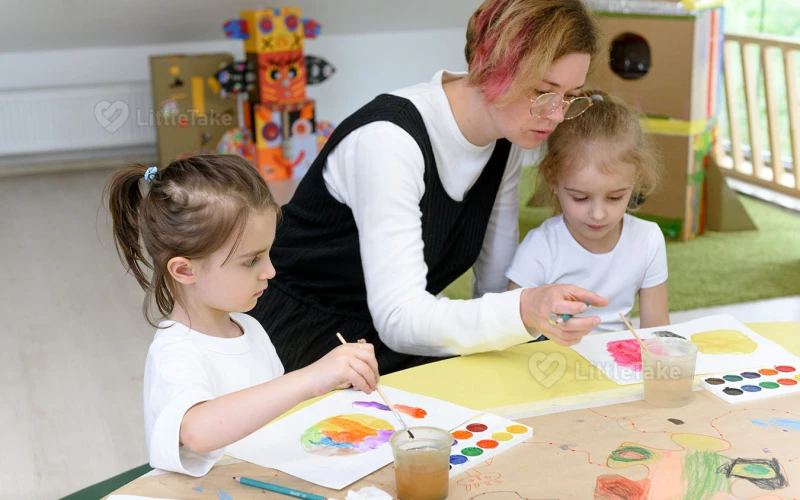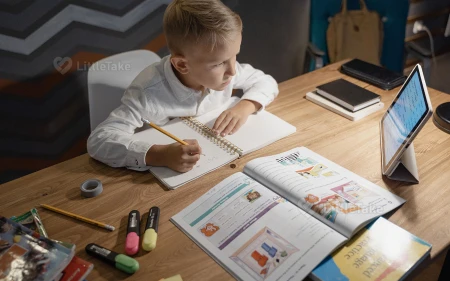
The Role of Arts Education
Arts education is a vital aspect of a well-rounded curriculum, fostering creativity and critical thinking in students. This article explores the various ways in which arts education contributes to personal and academic growth.
1. Enhancing Creativity and Innovation
- Arts education encourages students to think outside the box and develop original ideas.
- Helps students develop problem-solving skills and adapt to new situations.
- Arts-related activities promote collaboration, communication, and self-expression.
2. Improving Academic Performance
- Studies have shown that students engaged in arts education perform better in other subjects.
- Arts education can help improve memory, concentration, and cognitive skills.
- Provides opportunities for experiential learning, enhancing understanding of complex concepts.
3. Developing Emotional Intelligence
- Arts education helps students understand and express their emotions through various art forms.
- Enhances empathy and cultural awareness, fostering tolerance and respect for diversity.
- Encourages self-reflection and introspection, contributing to personal growth.













